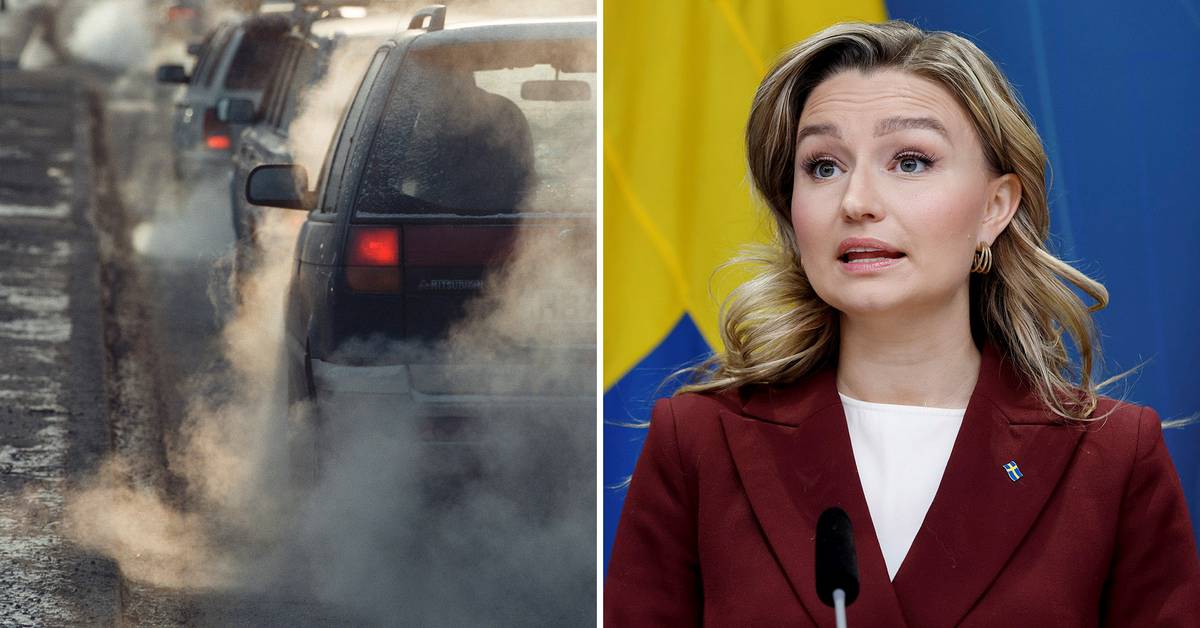EU energy ministers took the formal decision by a large majority shortly before 13pm.
23 countries said yes, while Romania, Bulgaria and Italy abstained and only Poland said no.
The vote was held after the European Commission and Germany on Saturday found a solution to get Germany to stop blocking the deal that was actually made as early as last autumn.
E-fuels
Germany wanted to have clearly stated that the requirement for zero emissions from cars should not hinder the future use of e-fuels, which the Commission now promises to address.
Ebba Busch is pleased.
"It's an important step, an important signal. The green transition is really here to stay," she says on site in Brussels.
Swedish effort?
As the country holding the presidency of the EU Council of Ministers, Sweden had intended to carry out the formal vote several weeks ago, after the EU Parliament had done its part in February.
However, Sweden was caught off guard by the sudden German resistance and has had to wait for a solution in discussions between Brussels and Berlin.
Busch still thinks Sweden has contributed.
The Swedish Presidency has really shown that we are capable of locking out difficult solutions.
What has Sweden done? Was it not the Commission and Germany that solved this on their own?
"No, we have definitely assisted in this and look forward to being able to finish it today," Busch says.
The expert explains in the clip below: How do we know that carbon dioxide is actually increasing?
Javascript is turned off
Javascript must be turned on to play video
Learn more about browser support
Learn about the scientists' method for measuring carbon dioxide levels in the atmosphere. Photo: Vetenskapens värld/SVT

